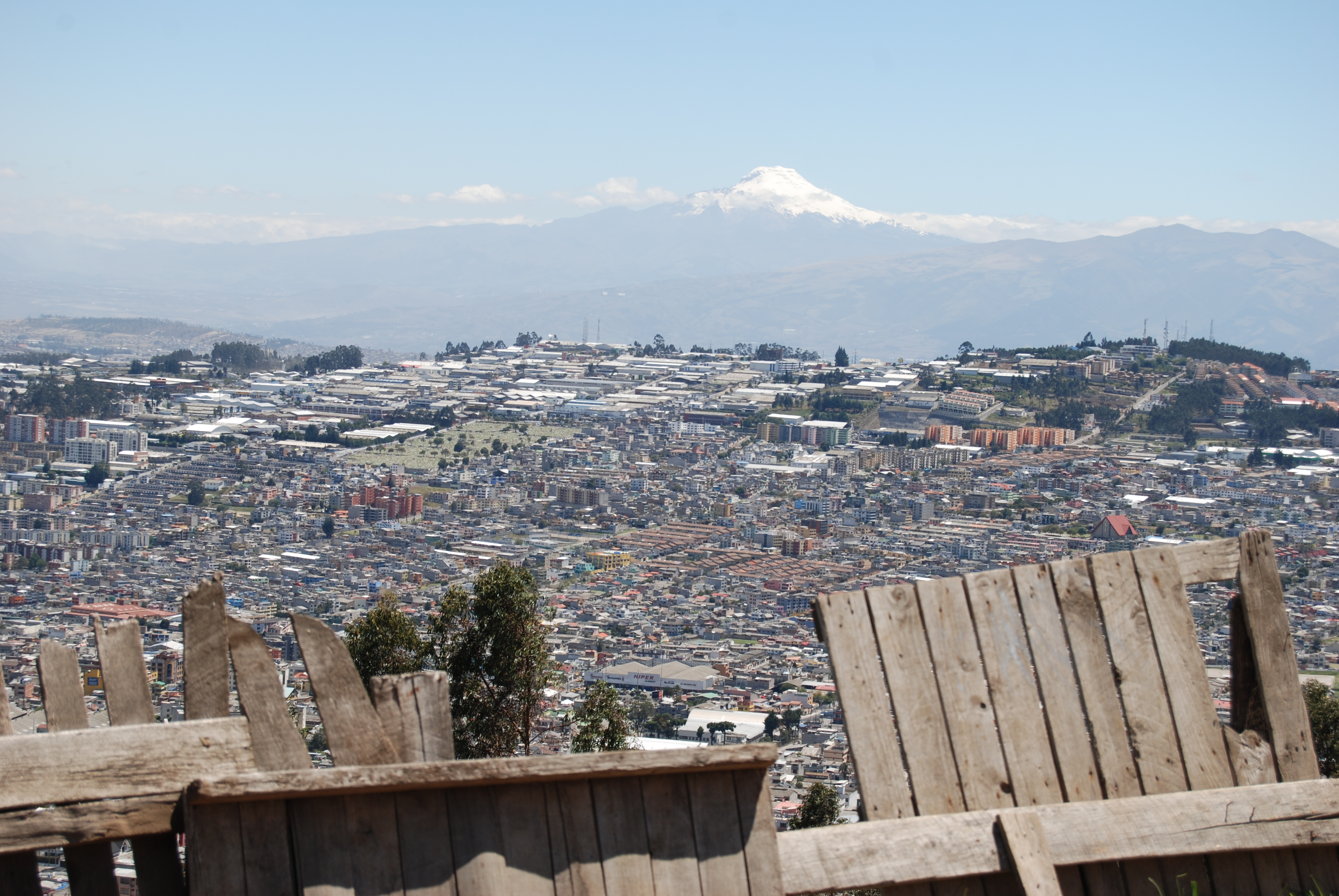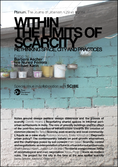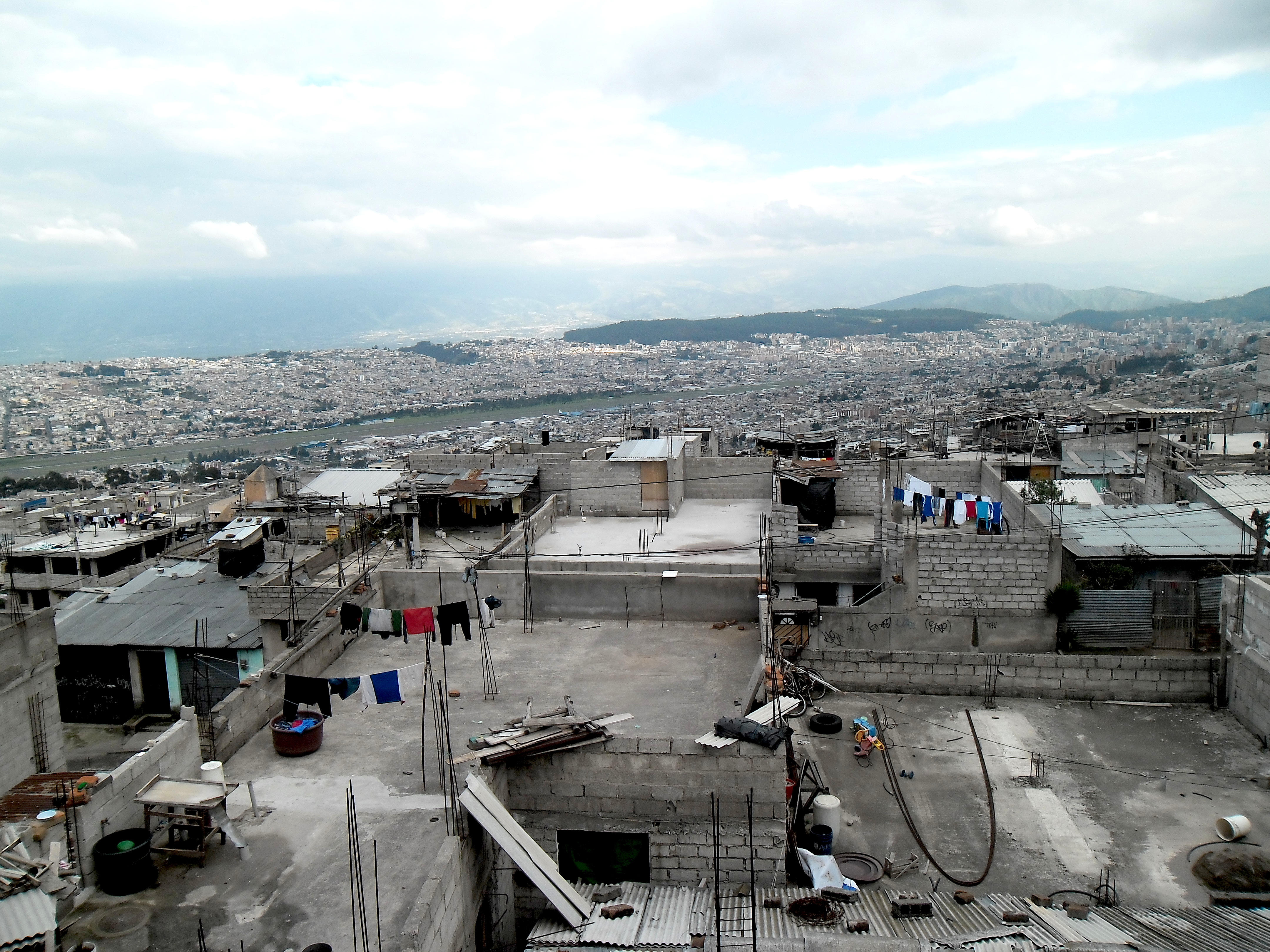fragile territories urban africa digitalization open spaces competition special news scali ferroviari demography social capital premio letteratura urbanistica public spaces outskirts & suburbs urban renewal architecture information technology participation cities city urban theory local plans urban policies immigration conferences landscapes urban development
WITHIN THE LIMITS OF SCARCITY:
RETHINKING SPACE, CITY AND PRACTICES | Special Issue in collaboration with SCIBE
Edited by Barbara Ascher, Isis Nunez Ferrera, Michael Klein
SCARCITY – LOCAL RESPONSES TO "LACK"
Scarcity – when demand outstrips supply – is regarded as a most natural condition of human life. And though there is a particular timeliness and actuality about raising scarcity as an issue now. Questions of availability of (financial) resources and their distribution have shifted towards the centre of current debates, especially since the economic, financial and sovereign debt crisis. In order to combat losses, attention was shifted to spending cutbacks, affecting basic welfare services such as education, health, unemployment benefits, and access to affordable housing, amongst others. In the face of crisis and austerity cuts, the existing welfare models built on state supply and social redistribution turned out to be fundamentally dependent on economic growth. Ultimately, these austerity policies created new scarcities for large parts of the population.
In the so-called global south, on the other hand, scarcity in cities has been a prevalent constraint, commonly conceived in the form of material deprivation, and the limited financial and institutional capacity of governments to cope with rapid urbanisation and the plethora of political and socio-economic challenges arising from these developments. In both cases, when it comes to the built environment, scarcity is mainly conceived, again, as a material condition – as a lack of, mostly (but not exclusively), financial resources.
Yet the actuality of scarcity is not limited to economic crisis alone. Scarcity has reappeared in the debates about ecology and sustainability, most often embedded in the limits-to-growth narrative. Peak oil, peak soil and many of the related discussions on depleting resources address scarcities arising from the lifestyles of Western consumer societies. The expansion of these consumption levels to the entire global population would further exacerbate this situation, resulting in a fundamental ethical dilemma. Resources are too scarce for the dominant minority of the world's population to continue living as it does today. The sustainability debate's proposed solutions to social and technological problems are ultimately about scarcity while at the same time new "qualitative" forms of scarcity arise: lack of clean air, clean water and commonly accessible land. Is this the onset of a new age of scarcity? [...]
Scarcity, therefore, is not a neutral given fact, a natural law to which we have to submit. Far from it – scarcity is a political concept, made and produced as an argument for unequal distribution: Because there is never enough, access has to be distributed unequally, so the argument goes. In spite of social progress, efficiency thinking and technical advances, scarcity is constantly reproduced to serve as an instrument that reproduces social order.
What does this complex manifold that structures scarcity mean for those dealing with aspects of the spatiality of living together? In the fields of architecture and urbanism, design, planning and geography, scarcity has often played a leading role: Looking for the optimum solution, we have unwittingly become economists in our own discipline. Operating within the general conditions of capitalism, these disciplines make no exceptions: Be it in the architecture of housing schemes, in the research on land use or in planning in postcolonial contexts, we act most often under premises of scarcity. This should be reason enough to reflect on and investigate the causes and effects under which scarcity operates, how it affects the built environment and our forms of cohabitation, and what strategies could be applied to deal with conditions of scarcity.

'WITHIN THE LIMITS OF SCARCITY: RETHINKING SPACE, CITY AND PRACTICES'
The groundwork for the selected articles published in this special issue of PLANUM, has been presented and discussed at a conference entitled Within the Limits of Scarcity: Rethinking Space, City and Practices that we organised in the course of the research project "Scarcity and Creativity in the Built Environment" (SCIBE).
From 26 to 28 February 2013, the conference brought together scholars from different fields of human geography, sociology, environmental psychology, architecture and urban planning for a three-day event held at the University of Westminster in London.
Centred on the investigation of, and explanation of, innovation in the city through the lens of scarcity, the conference looked at both historic and current strategies deployed by different actors involved in producing the built environment. The potential of those examinations to inform new ways of thinking and acting around cities and space were therefore at the core of the discussions. The panels and discussions were complemented by an opening session with a lecture by Jeremy Till from Central Saint Martins in London (UK) and further keynote lectures delivered by Ole Bouman, curator of the "Architecture of Consequence" Exhibition at the Netherlands Architecture Institute (NL), Camillo Boano from the Bartlett Development Planning Unit of University College London (UK), Pier Vittorio Aureli from the Architectural Association (UK), Erik Swyngedouw from the University of Manchester (UK) and Ana Paula Balthazar from the University of Minas Gerais (BR). Together, these contributions highlighted different approaches to scarcity from design, planning and political economy perspectives.
Whereas the overall conference dealt with a broad spectrum of approaches to scarcity, including more theoretical and historical case studies, this special issue takes up alternative ways of investigating, conceptualising and theorising about scarcity in a broad range of geographical locations at a more local scale. [...]
This current issue of Planum presents some alternative approaches to the questions around scarcity, highlighting different aspects of the spatial nature of scarcity within respective local contexts that will provide new insights for researchers and practitioners alike.
From the Editorial 'Scarcity - Local responses to "lack"'
by Barbara Ascher, Isis Nunez Ferrera, Michael Klein
CONTENTS
• Editorial | Scarcity - Local responses to "lack"
by Barbara Ascher, Isis Nunez Ferrera, Michael Klein p.7
• Notes around design politics: design dissensus and the poiesis of scarcity
by Camillo Boano p.13
• Negotiating shared spaces in informal peri-urban settlements in India. The role of amenity buildings and the effect of the post-hoc introduction of infrastructure towards the creation of common places
by Bo Tang p.29
• Scarcity, post-scarcity and local community: L'Aquila as a case study
by Federico Venturini, Ersilia Verlinghieri p.51
• Degrowth urban policy? The contemporary debate on post-growth alternatives and the challenges posed by soil consumption
by Piero Sassi p.71
• Scarcity, control and negotiations: an interpretation of form in urban informal settlements
by Sheikh Serajul Hakim, Joseph Lim Ee Man p.83
• Territorial Compromises: limits of morphological and civic negotiation
by Tomaz Pipan p.103
• Voids as modern ruins. The project for the city in the face of the new spatial scarcity
by Sante Simone, Mejrema Zatric p.117




Planum
The Journal of Urbanism
ISSN 1723-0993
owned by
Istituto Nazionale di Urbanistica
published by
Planum Association
ISSN 1723-0993 | Registered at Court of Rome 4/12/2001, num. 514/2001
Web site realized by ChannelWeb & Planum Association | Powered by BEdita 3










